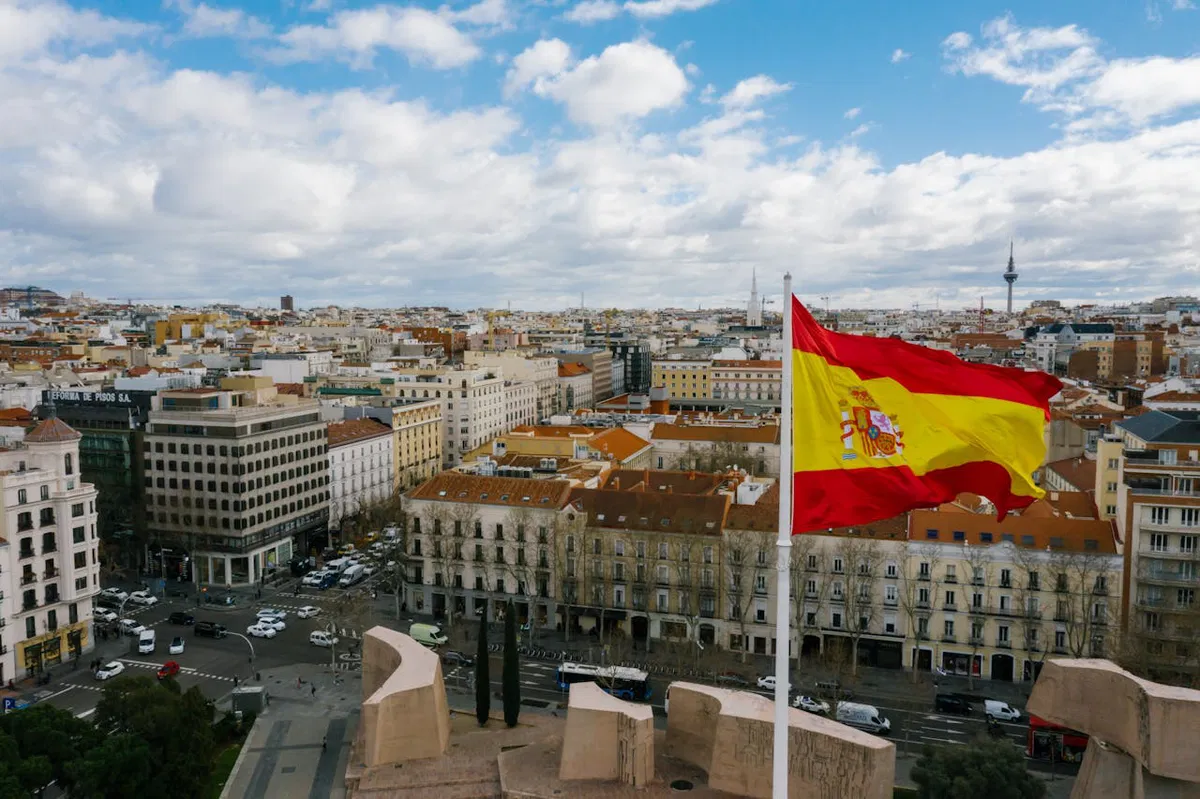By Letara Draghia
Copyright euroweeklynews

Spain’s latest environmental and climate profile, published by the European Environment Agency (EEA), outlines advances in renewable energy, organic farming, and biodiversity protection – but warns that further action is vital to meet long-term sustainability goals.
The report, prepared with Spanish experts from the European Environment Information and Observation Network (Eionet), reviews trends across energy, mobility, food systems, biodiversity, and pollution. It confirms that Spain has made notable progress in cutting fossil fuel use and expanding renewables, but still faces significant challenges in waste, emissions and climate resilience.
Key findings from Spain’s environmental profile
Renewables: Photovoltaic and wind power have surpassed nuclear since 2012; in 2023 renewables provided more than half of electricity.
Energy use: Despite cuts during the COVID-19 pandemic, energy consumption in 2022 remained below pre-2020 levels, but further reductions are still needed to meet the 2030 targets.
Organic agriculture: Now covers 12.51 per cent of farmland, with strong growth in olives, grapes and nuts.
Protected areas: 27.39 per cent of Spain’s land is designated under Natura 2000 – the largest share in the EU.
Climate costs: Extreme weather has caused €95 billion in damages since 1980, underlining the need for adaptation.
Air quality: Premature deaths from PM2.5 pollution have fallen thanks to low-emission zones and a national air quality index.
Waste: Generation has fluctuated, but Spain’s Circular Spain 2030 strategy aims to cut waste by 15 per cent compared with 2010.
Supporting Spanish policies and future direction
Spain’s green shift is backed by major national and EU funding. Through the Recovery and Resilience Plan, €67 billion is being directed into building renovation, transport decarbonisation, renewable hydrogen and biodiversity restoration.
Additionally, a new climate emergency plan requires companies to begin mandatory carbon reporting from 2026, alongside stricter land-use rules and investment in solar and hydrogen.
For residents and expats, Spain’s EEA profile highlights both opportunities and adjustments. Expanding low-emission zones and stricter building standards will affect daily life in cities, while investment in renewable energy and organic farming may reshape rural economies. Cleaner air, greener spaces and climate resilience strategies promise tangible benefits, but businesses and households alike must adapt to new sustainability requirements.
Spain aims for 81 per cent renewable power by 2030 and net-zero emissions by 2050. Achieving this will require deeper cuts in energy use, faster waste reduction, and continued investment in biodiversity and resilience.
The EEA stresses that while Spain is well placed to lead Europe’s green transition, faster action is needed to close the gap between ambition and reality.
View all environment news.
View all news from Spain.



